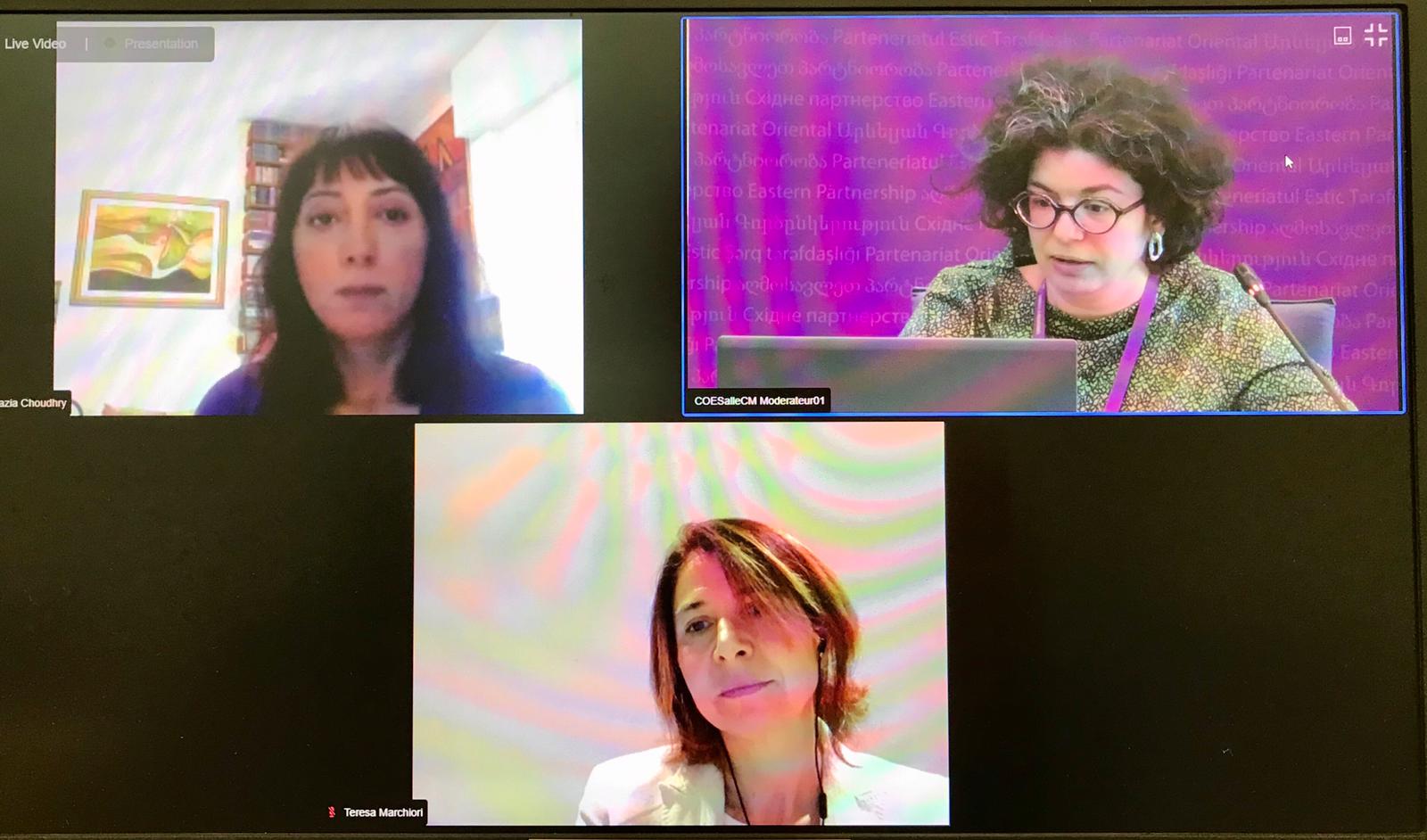“We need to normalize women’s access to justice, as these standards need to permeate not only gender related issues and institutions but the entire justice system and state apparatus” Shazia Choudhry, professor of law, Queen Mary University of London
On 29 and 30 June 2020, the Council of Europe organised two inter-ministerial webinars on measuring access to justice including specific challenges facing women. The webinars are part of the EU and CoE joint programme PGGII project “Women access to justice: delivering on the Istanbul Convention and other European gender equality standards” in the Eastern Partnership countries (Armenia, Azerbaijan, Belarus, Georgia, Republic of Moldova and Ukraine).
The webinars stem from the need to explore with policy and decision makers in the Eastern Partnership countries how to address the structural and entrenched inequalities women face in accessing justice, with a focus on women victims of violence. The webinars provided 35 ministerial level participants with information about women’s access to justice, including European and other human rights standards on access to justice and gender equality, best practices and indicators. They will receive the Guidance note: Framework for measuring access to justice including specific challenges facing women translated in all six languages of the Eastern partnership countries to strengthen the framework for multi-agency cooperation at national level in the area of gender responsive access to justice.
The webinars are part of a series of activities that include a questionnaire, for participants to reflect on the role of their institutions in fostering women’s access to justice and the possible strategies to improve women’s access to justice and an online discussion platform where participants will share experiences, exchange on regional good practices and challenges and engage in discussions on the ways forward.





